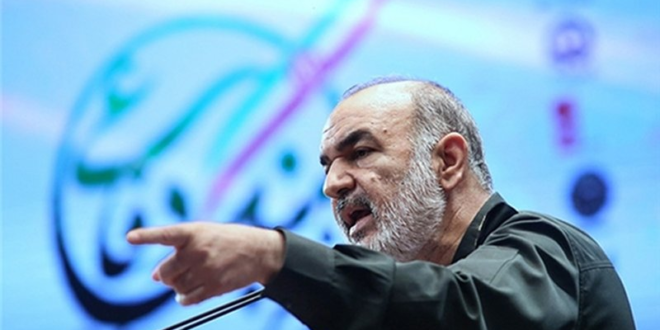Iranian activists of all stripes opposed to the Islamic Republic and many citizens were in celebratory mood on social media after Israel’s June 13, 2025, attack on military and nuclear targets in Iran.
An anonymous activist with 157,000 followers on X wrote, “It appears that Israel has eliminated the entire command structure of the Revolutionary Guard. This is an extraordinary opportunity. The Islamic Republic is at its weakest. Let us seize this moment to bring an end to this absolute ruin.”
The Israeli strike was sweeping, reportedly decapitating the leadership of the Islamic Revolutionary Guard Corps (IRGC). More than any assault on nuclear or military sites, this has triggered a wave of satisfaction and jubilation among opponents of the regime. For Iranians, the IRGC represents Supreme Leader Ali Khamenei’s most powerful tool of repression—used for decades to crush demands for social and political freedom. Since 2019 alone, the IRGC has played the leading role in the murder of over 2,000 protesters killed on the streets. The group and allied security apparatuses have executed dozens.
Reza Pahlavi, the exiled crown prince, tweeted, “My message to the military, police, and security forces is clear: This regime and its corrupt, incompetent leaders value neither your lives nor our Iran. Break away from them and stand with the people.” He also repeated his call for mass labor strikes.
Women’s rights activist Masih Alinejad voiced her reaction on X: “Removing a terrorist is not a tragedy, it is a step toward justice for all the innocent lives they destroyed.” She went on to recount the role of the IRGC in repression and killings.
Regime critic Hossein Ronaghi in Tehran, jailed numerous times in the past decade, expressed his reaction with caution in a short tweet laden with meaning: “We will greet the sun once again.” Iran’s flag prior to the 1979 Islamic Revolution featured a lion and a sun.
Ali Hossein Ghazizadeh, a journalist based in London, posted a photo of IRGC’s commander Hossein Salami, who was killed in the Israeli attack, and wrote, “The entire war is one thing, but the death of this one—whose hands were stained with the blood of Iran’s children—now that’s truly something.”
Many ordinary Iranians on social media made fun of the Islamic rulers for their ineptitude and praised Israel for its military and intelligence prowess. One individual quipped that “You don’t have air defenses, nor at least working sirens. Then try to task some mullahs to scream” to warn about impending attacks.
An outspoken female activist with 9,500 followers on X said, “#Iran is our homeland and our only refuge. The killing of several criminals and agents of the Islamic Republic—from Salami to Bagheri, Rashid, and others—is a small salve on a corner of the deep and gaping wound inflicted on our nation’s body for over four decades.”
So far, a few hours after the Israeli strikes, the streets of Tehran remain quiet as people try to absorb the news. But in the collective mind of those exhausted by the Islamic Republic’s decades-long confrontation with the West, Israel, and much of the region, this is a seismic moment—shattering the regime’s image of power and invincibility.
It also could leave lasting psychological scars on regime loyalists, many of whom are likely deeply unsettled about what lies ahead.
On social media, Iranians are asking about the whereabouts of Ali Khamenei, now increasingly isolated following the deaths of the few senior commanders he could still trust. His fate will define the next chapter to come.
 Eurasia Press & News
Eurasia Press & News




